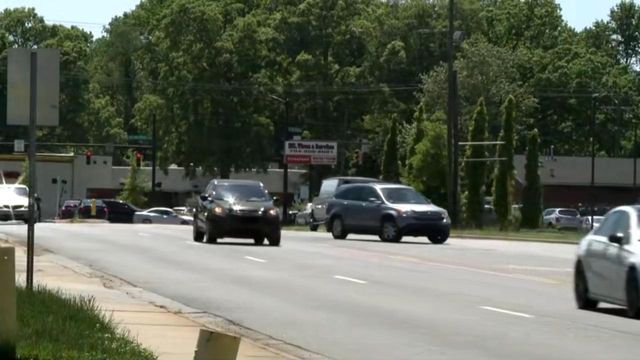NC among few states requiring personal finance classes
Only nine states currently require students graduating in 2024 to take a standalone personal finance class, according to researchers. North Carolina is one of them.
Local entrepreneur Mary Esposito says she doesn't recall having a class like that when she was in high school.
"My experience was that it was nothing about financial literacy - no checkbooks, taxes, no investments," said Esposito.
That would've been useful for her as she was launching her business, Purple Pear. Esposito started that company when she was a teen. She had learned how to knit while in treatment for an eating disorder and, upon leaving the facility, started selling her art online.
"I had this money and didn't know what to do with it at 17," she said.
Esposito wound up teaching herself about investing and personal finance, then created an Instagram account - MoneyWithMary1.
"I originally started Money with Mary to find other like-minded young women in these spaces with these interests," she said. "I started posting videos about growing my business and entrepreneurship, and other women reached out and asked me questions. That’s when I decided to pivot my content. It was not just focused on connecting with other people who share the same interest, but also helping people accomplish what I had."
Now, she has amassed more than 44,000 followers. She juggles creating content for that account while owning Purple Pear and hand-making all of the items with getting her bachelor's degree in business from UNC.
Her account discusses Roth IRAs and paying off debt. She says compound interest is the biggest thing she learned about through her research and having this platform, and what she wished she had known about earlier.
She feels it is important that schools are now teaching this.
"We teach a lot of these important crucial subjects like biology or mathematics, except there’s one crucial component missing from this curriculum and it’s financial literacy," Esposito said. "That’s something that’s going to impact 100% [of] every person who graduates."
Until then, she’ll keep using her platform to school her generation and others about money and help set them up for a stronger financial future.
"You can have $30,000 of debt turn into $40,000. That turns into $50, and now you’re 20 years down the line, and you’re like, 'What went wrong?' and what went wrong is that there was no education there for you."









